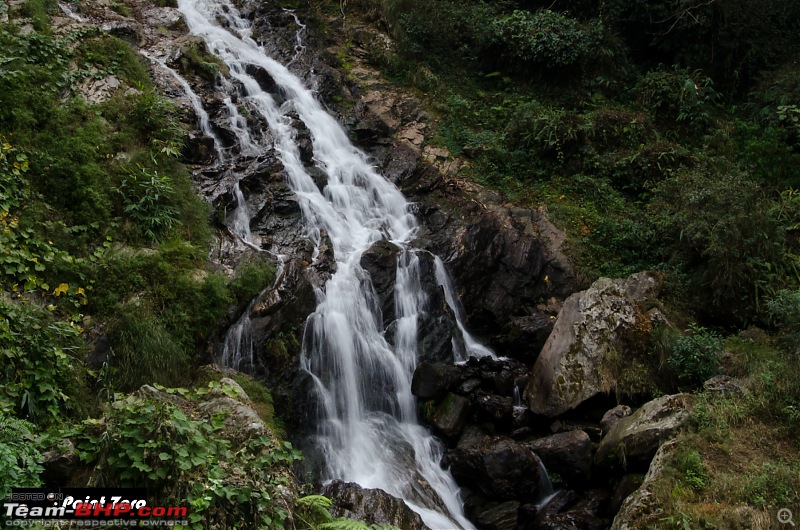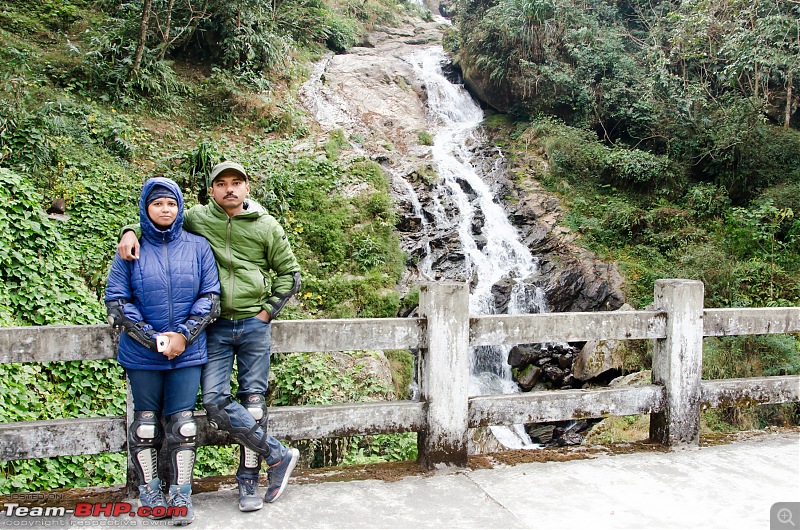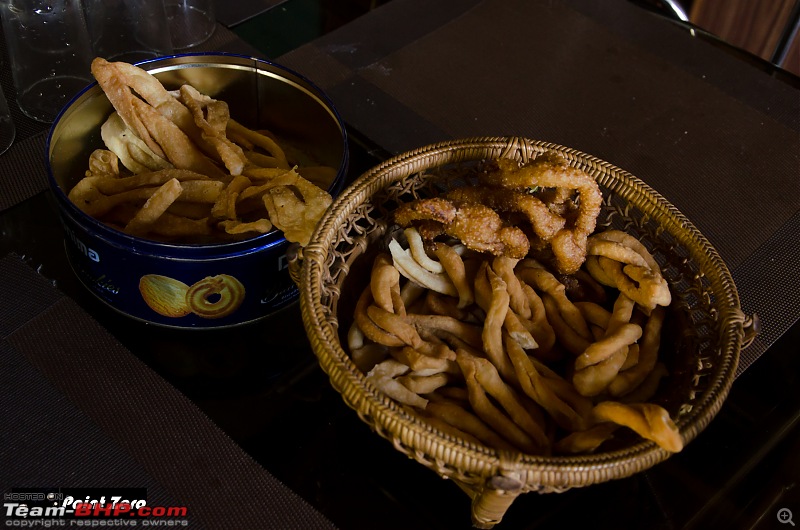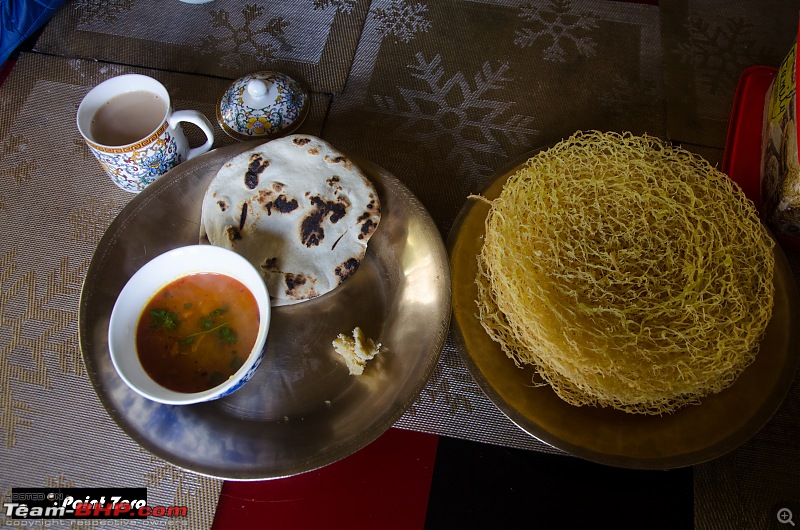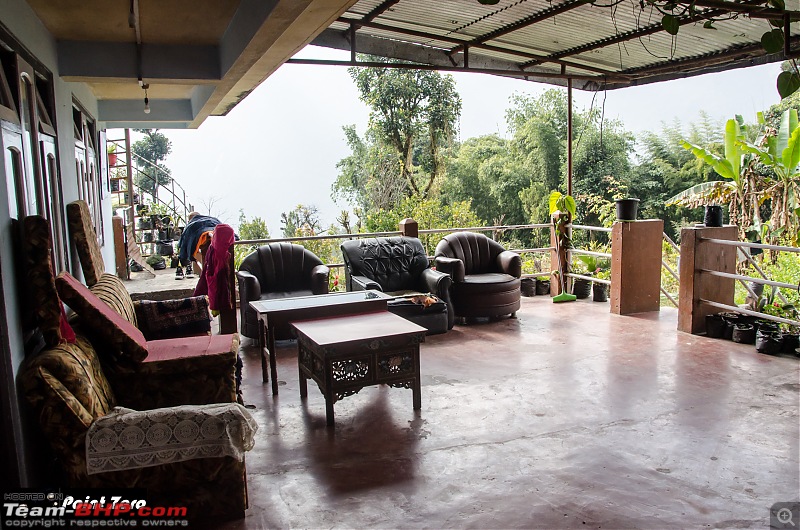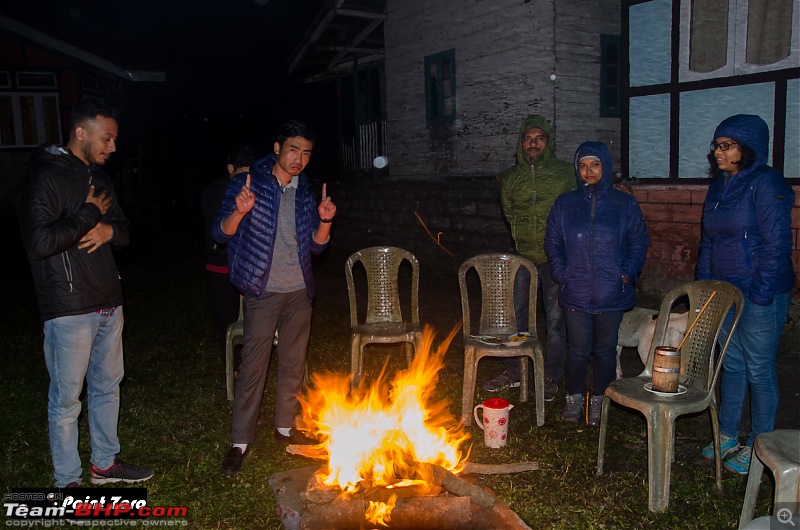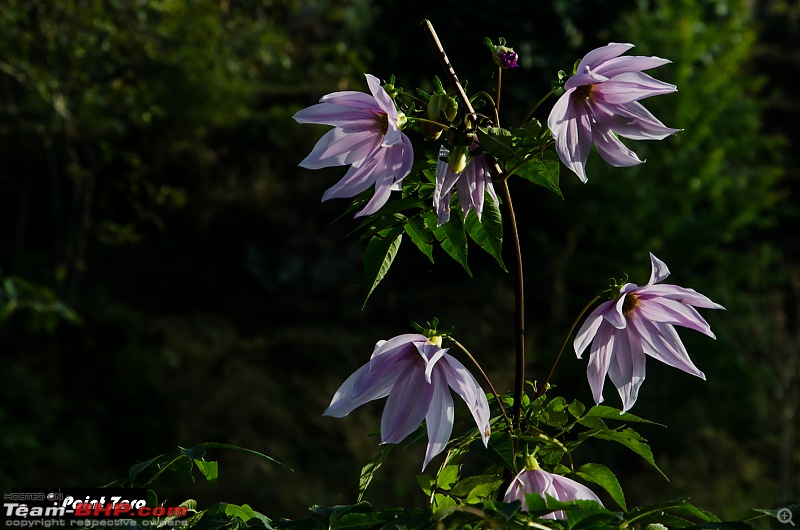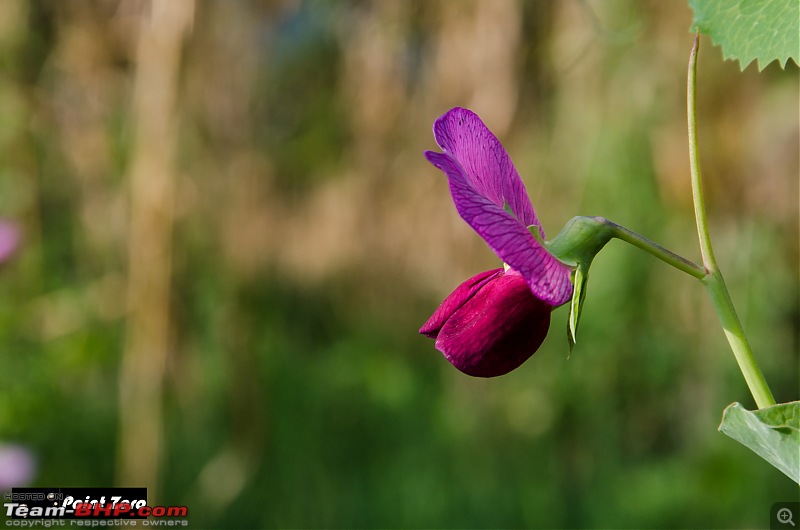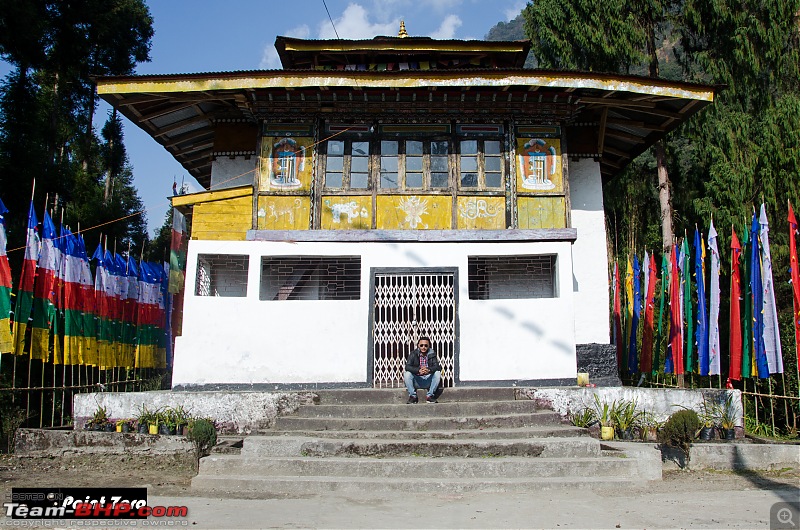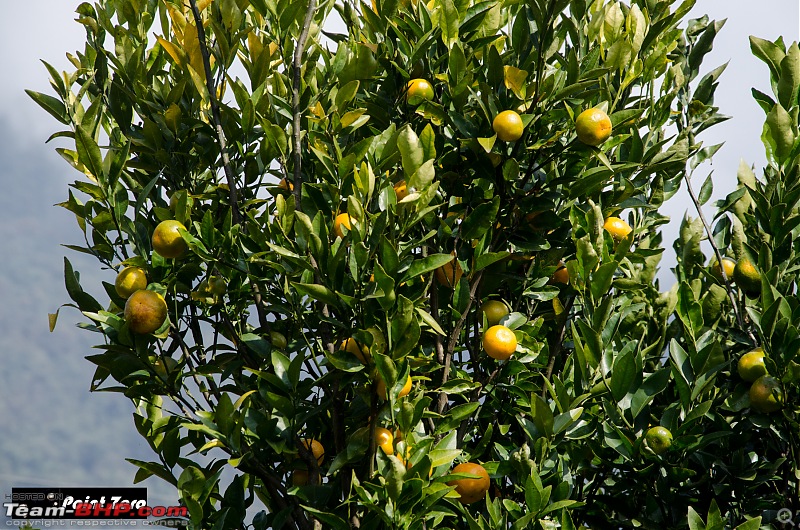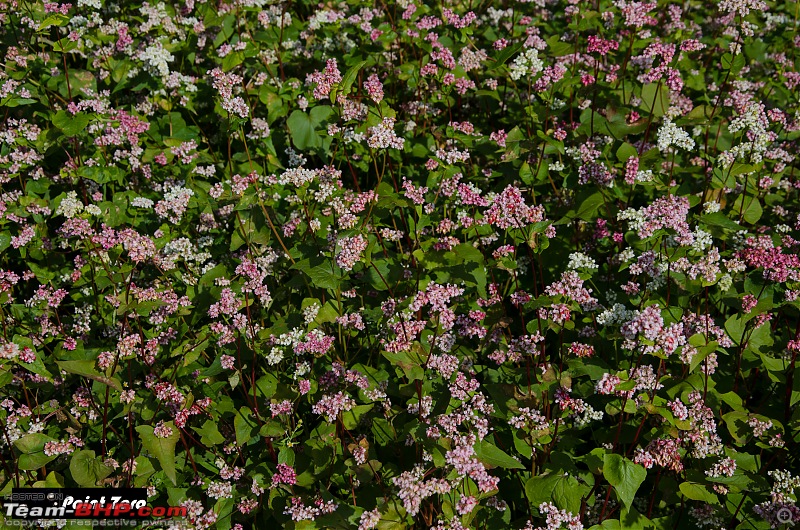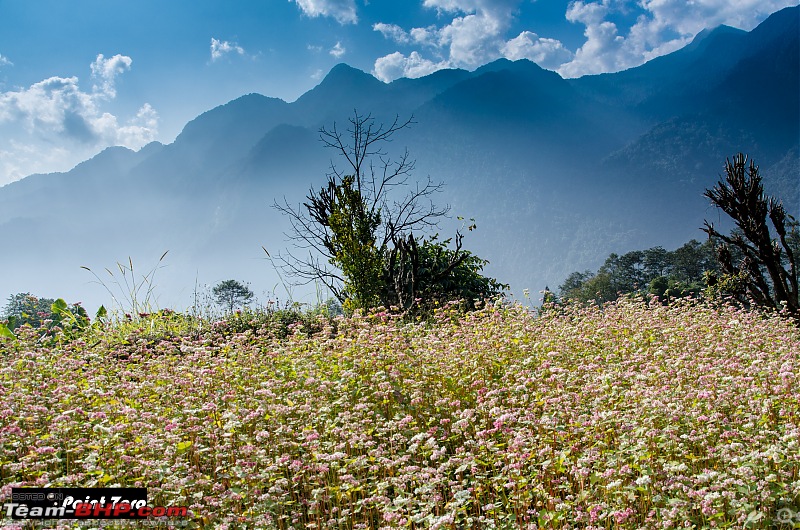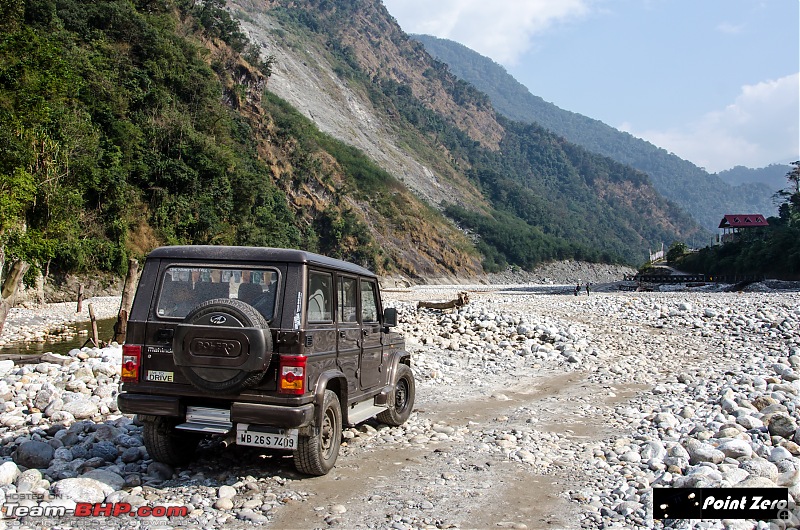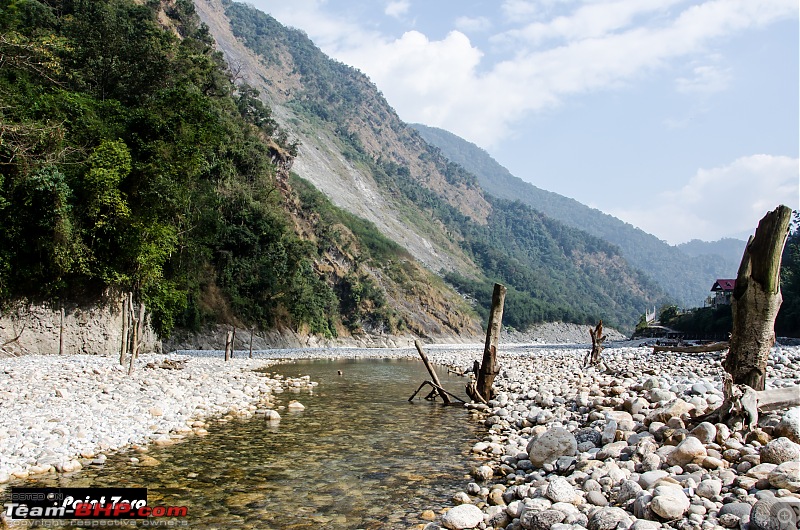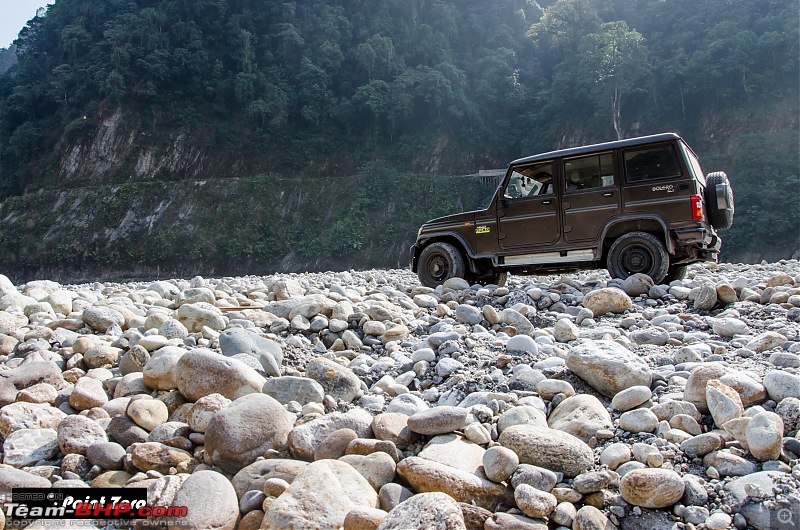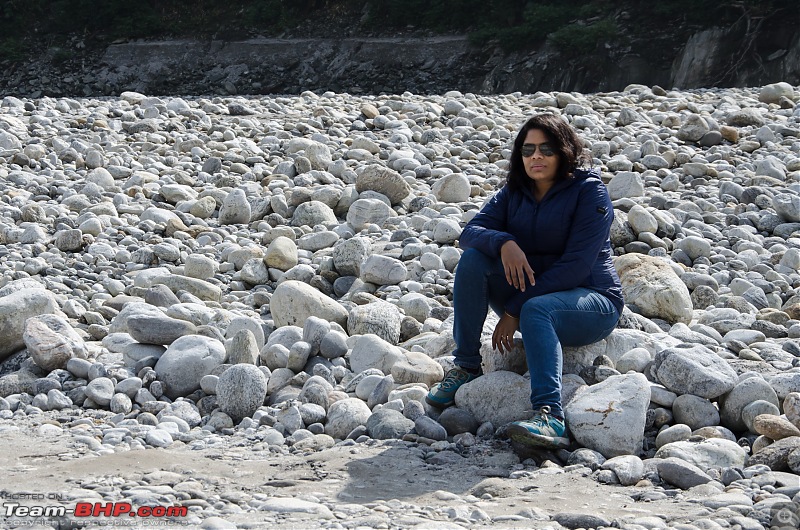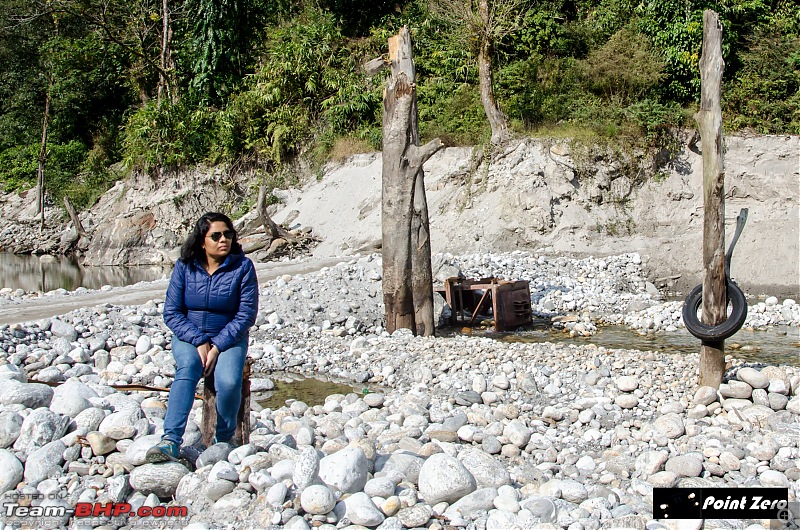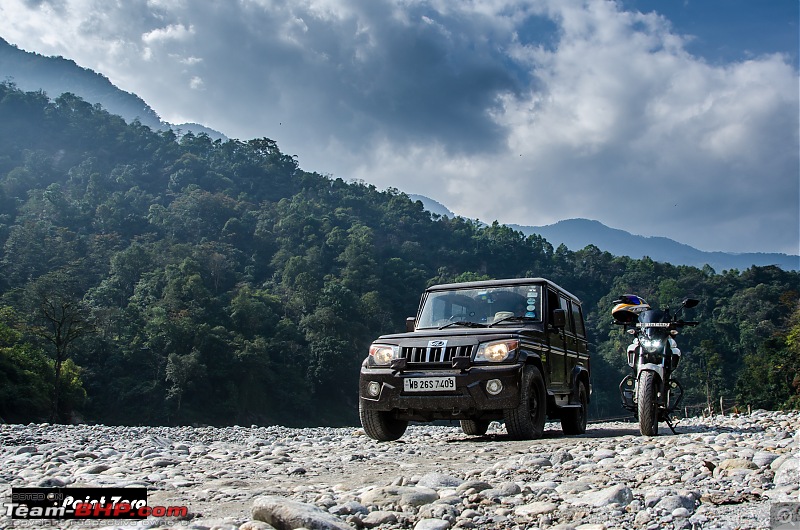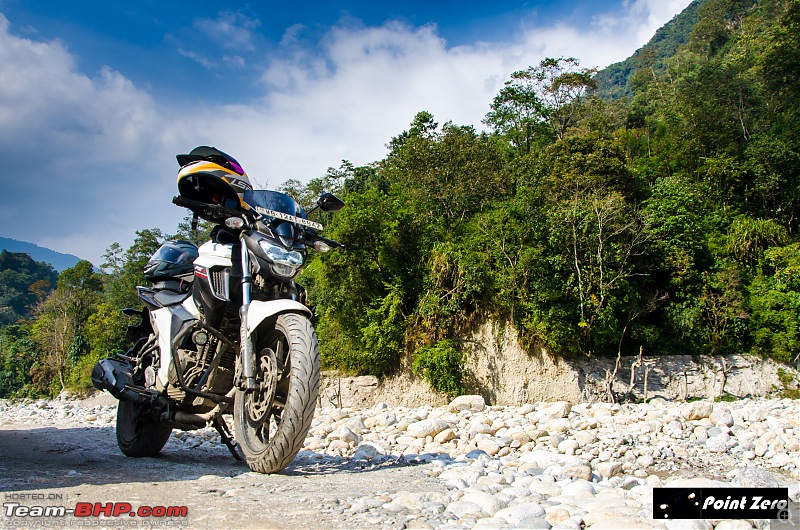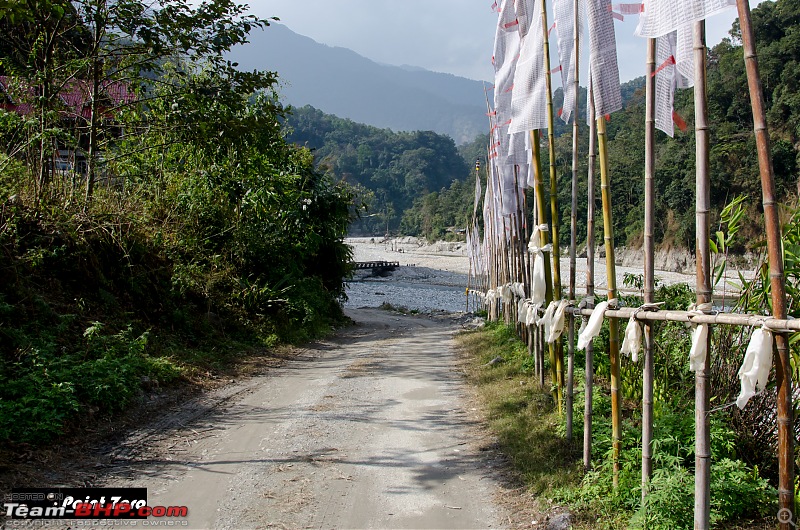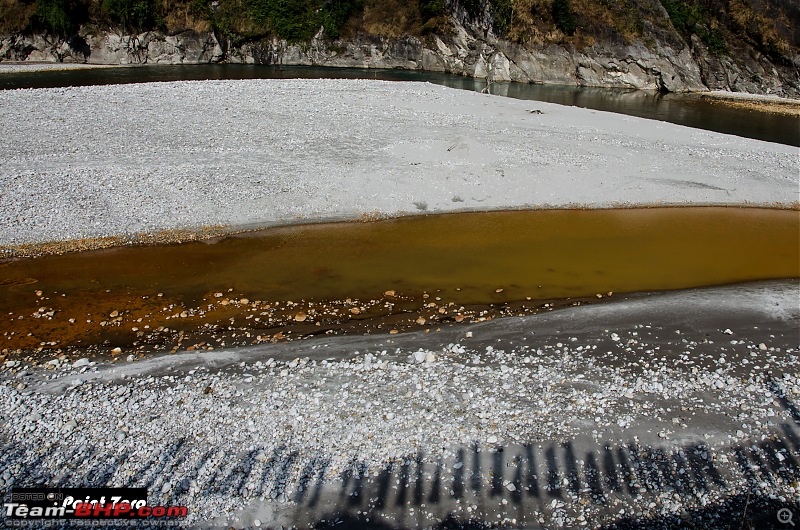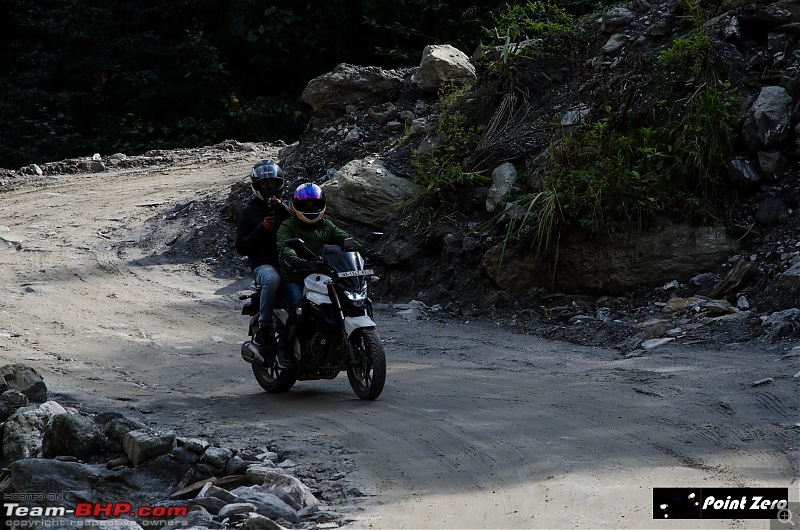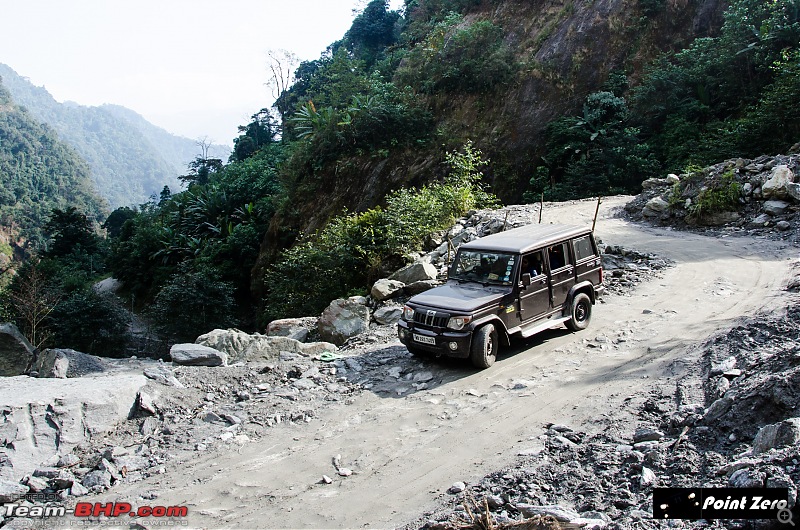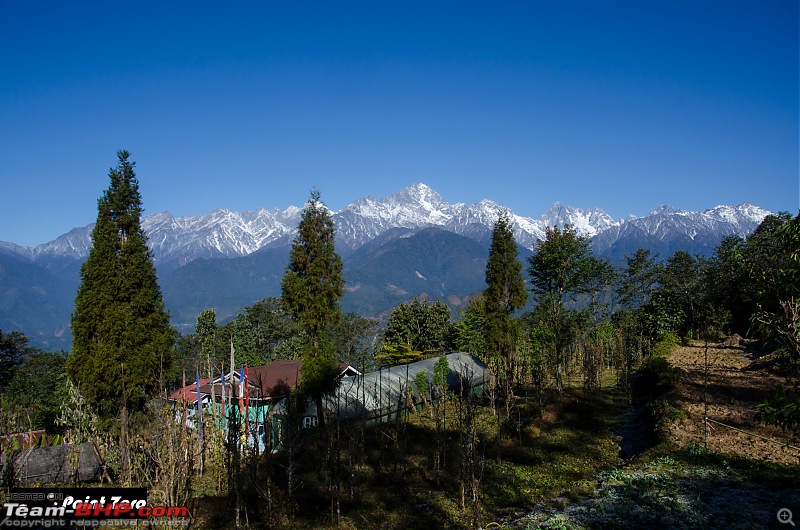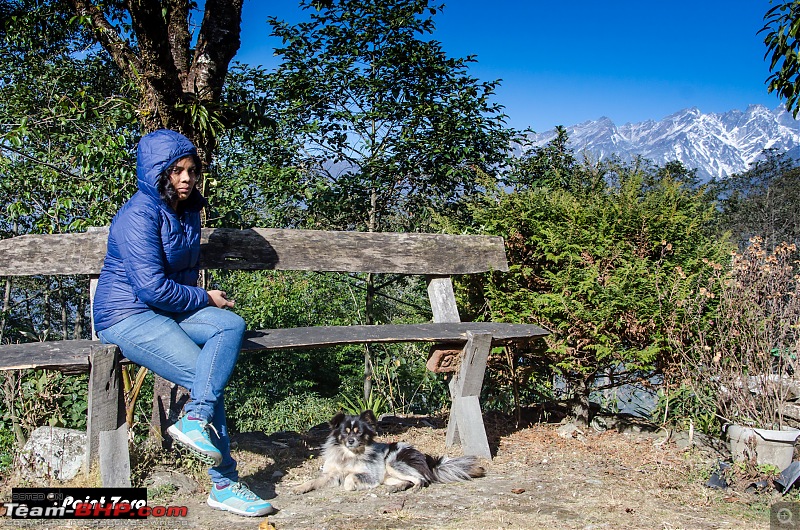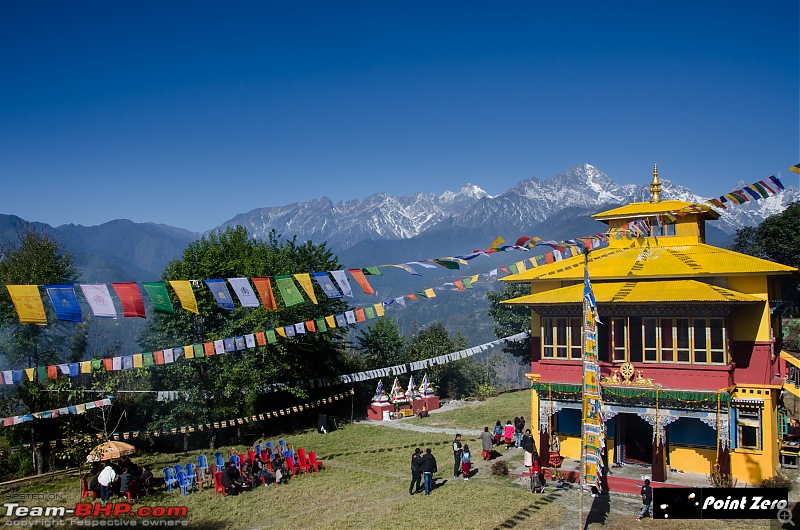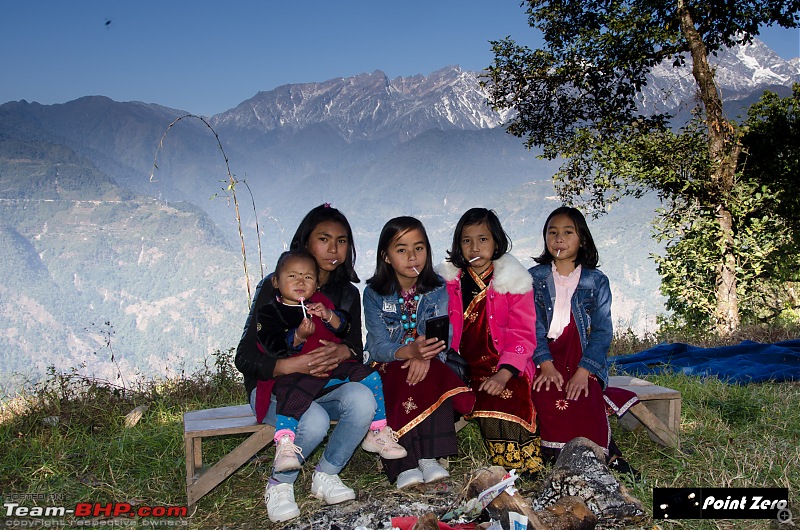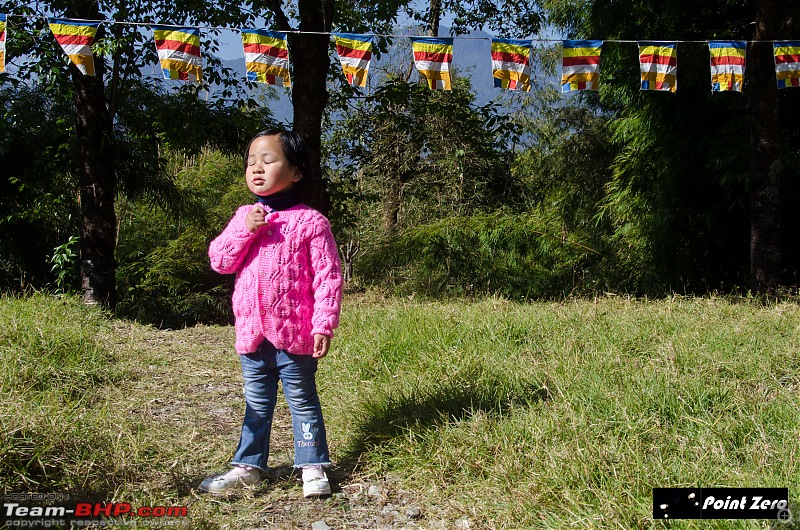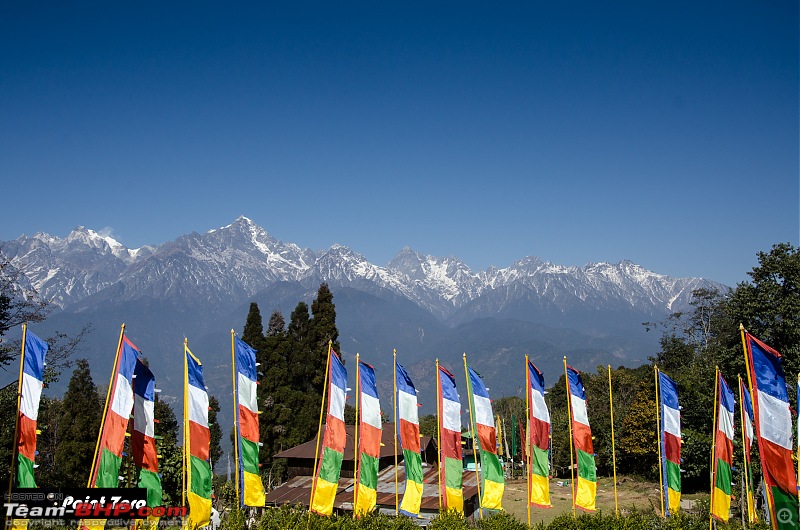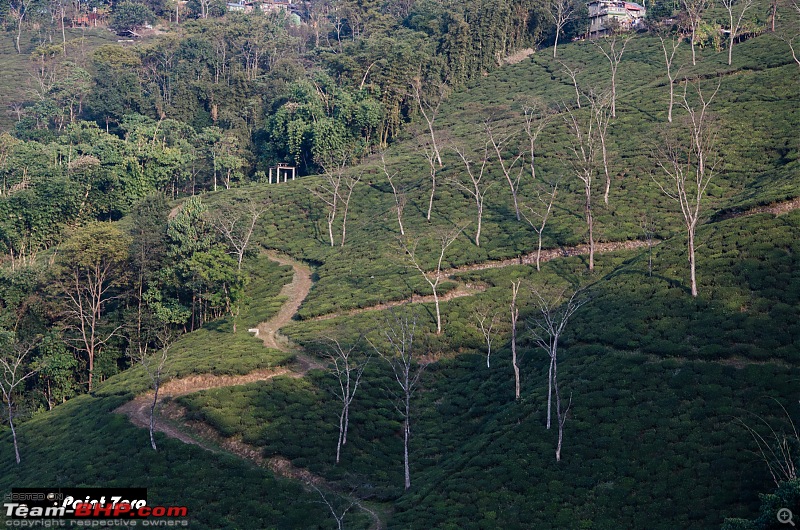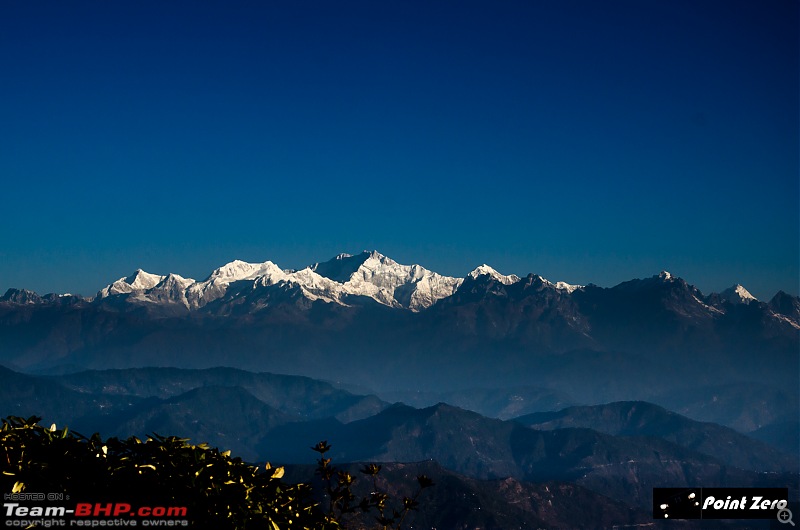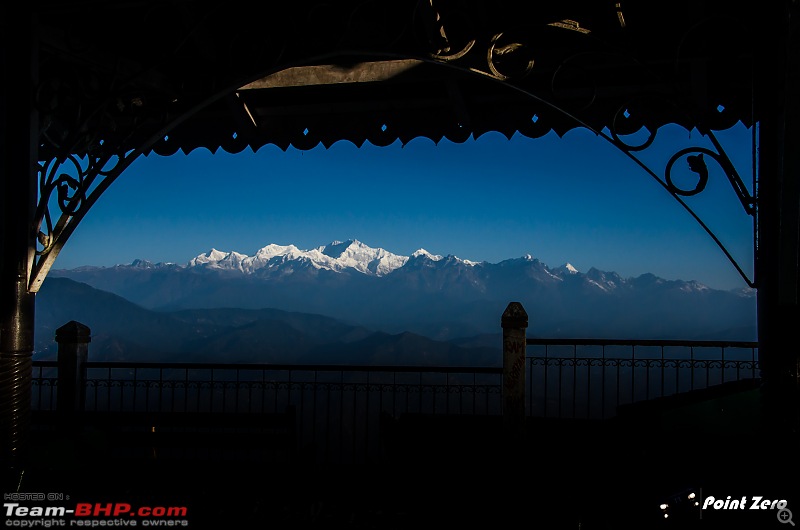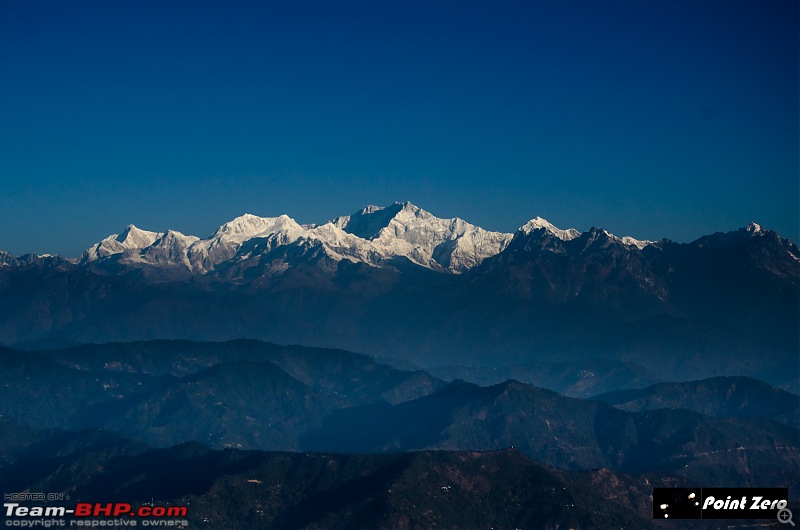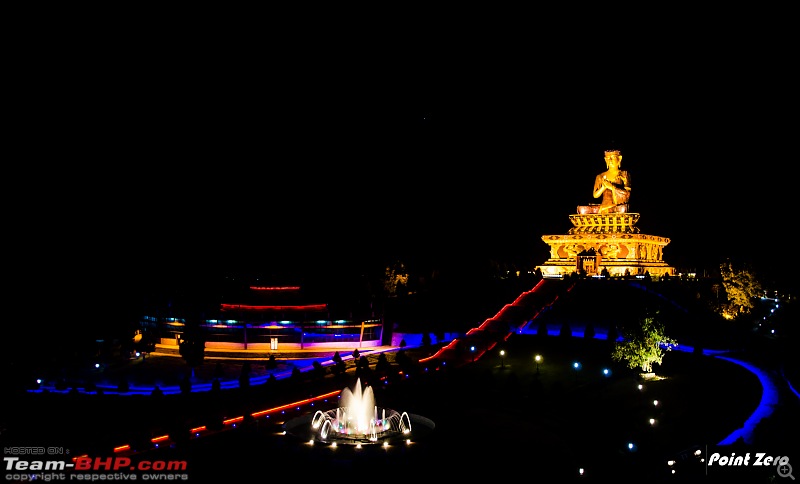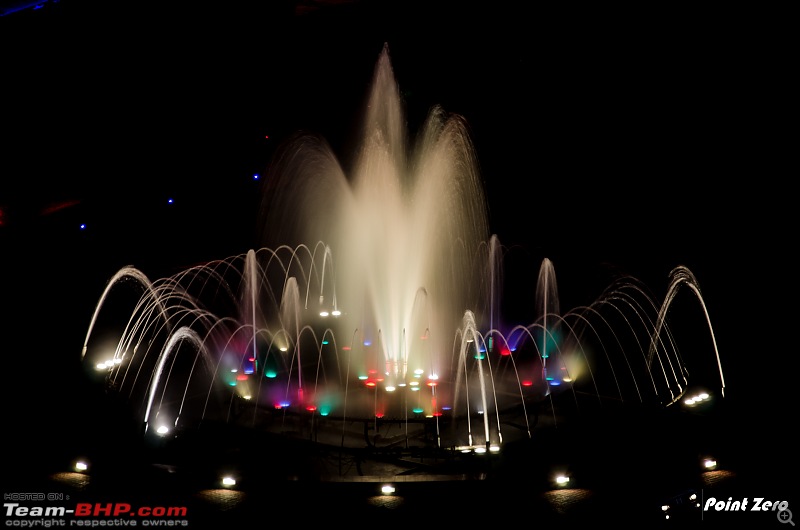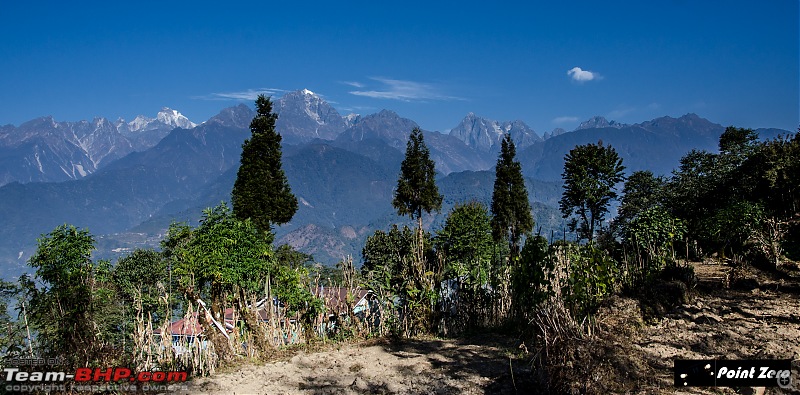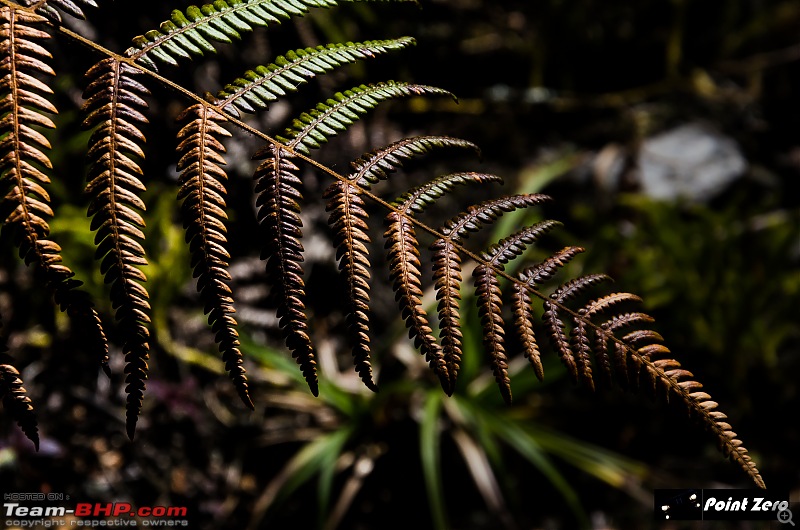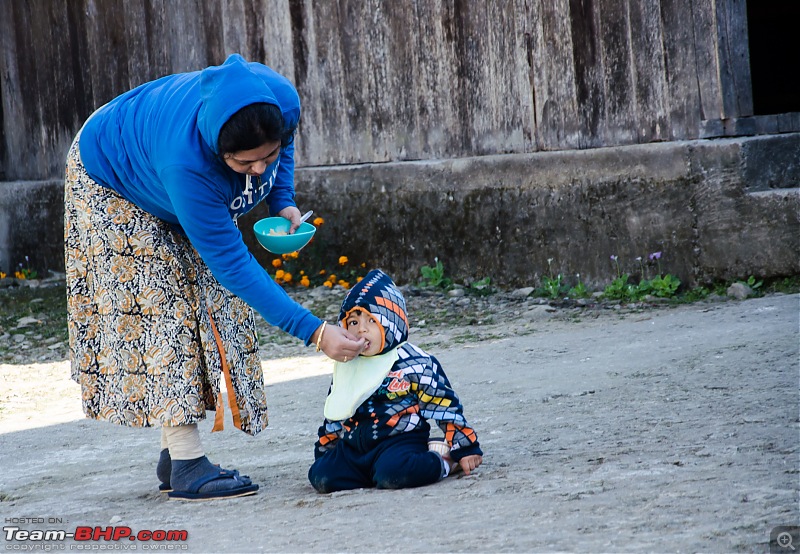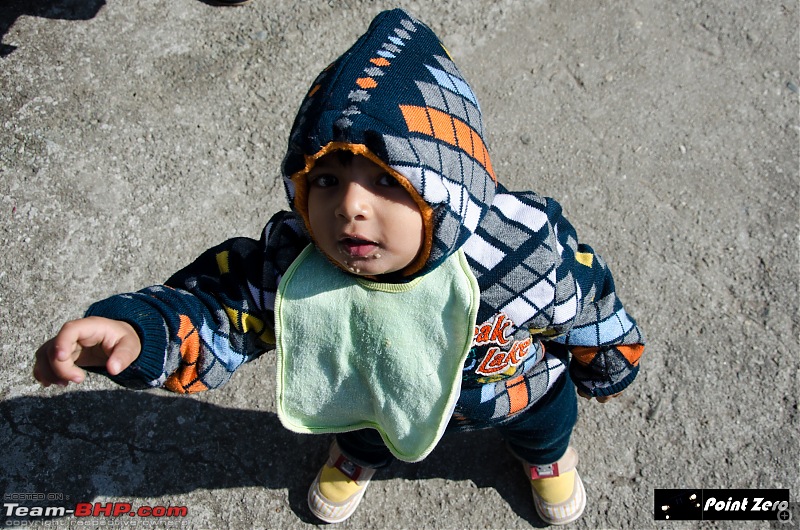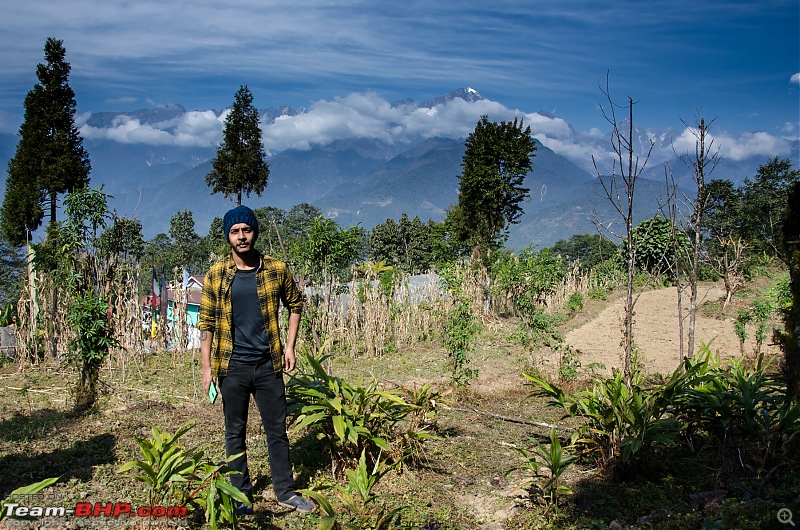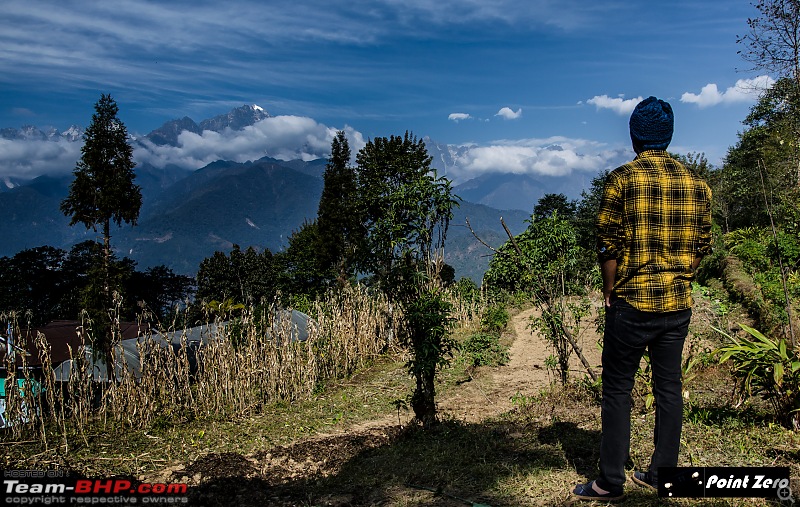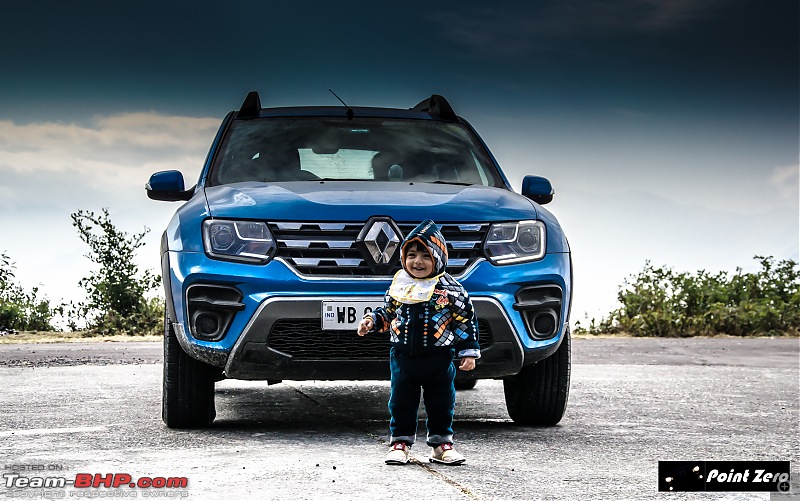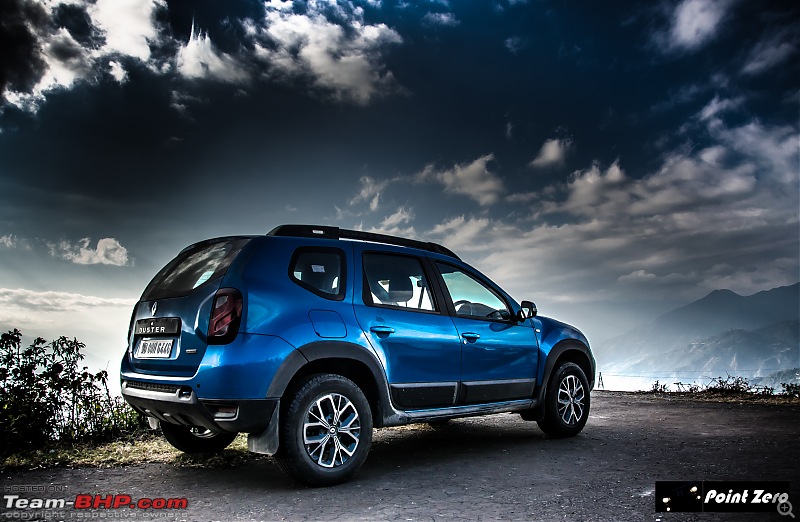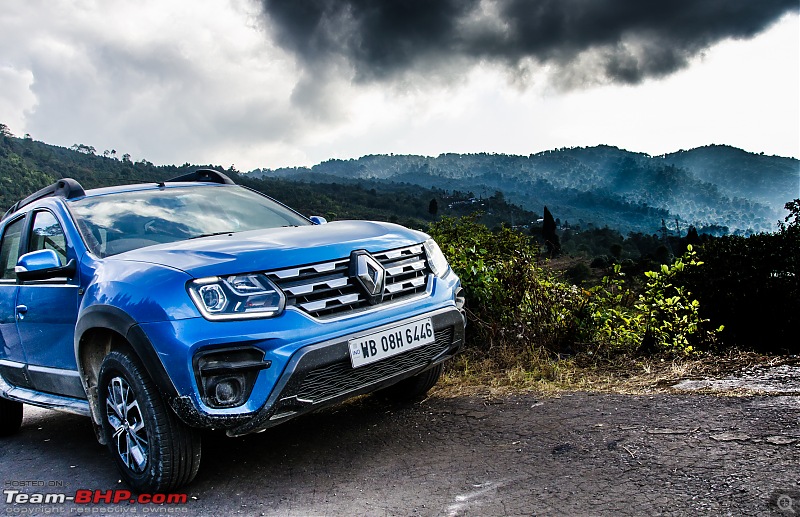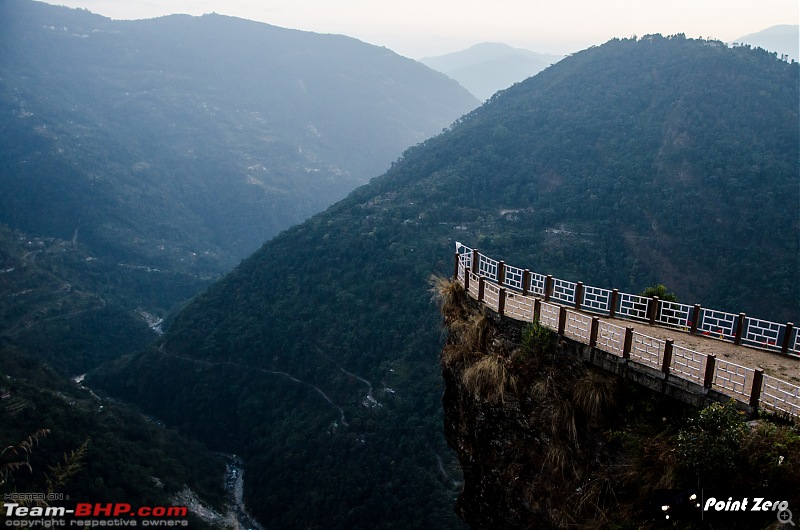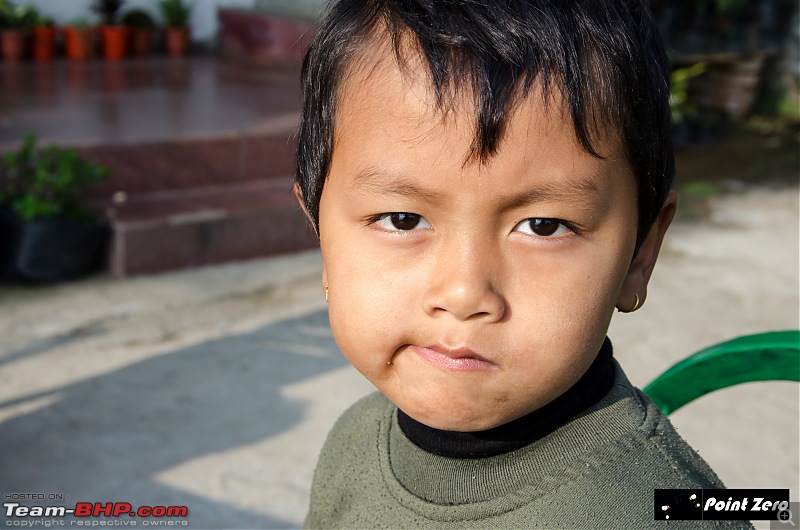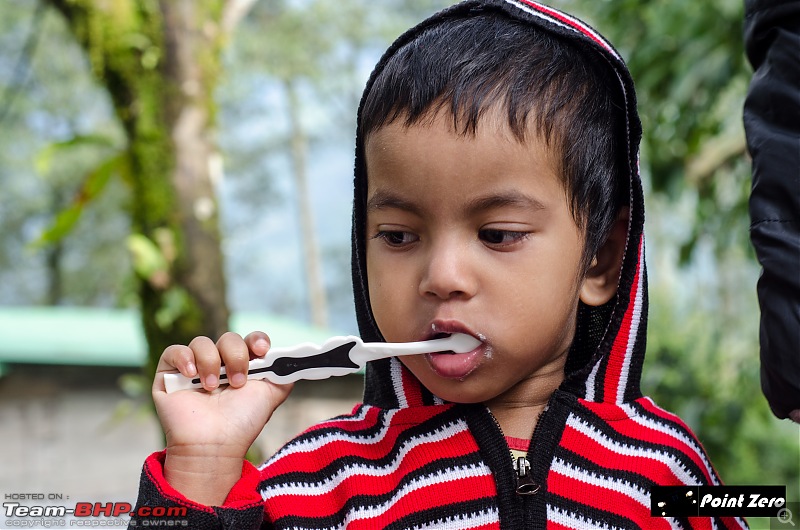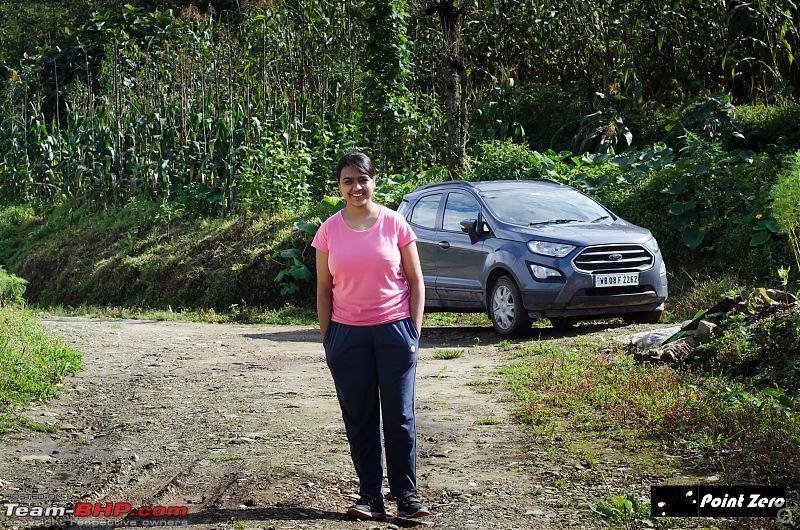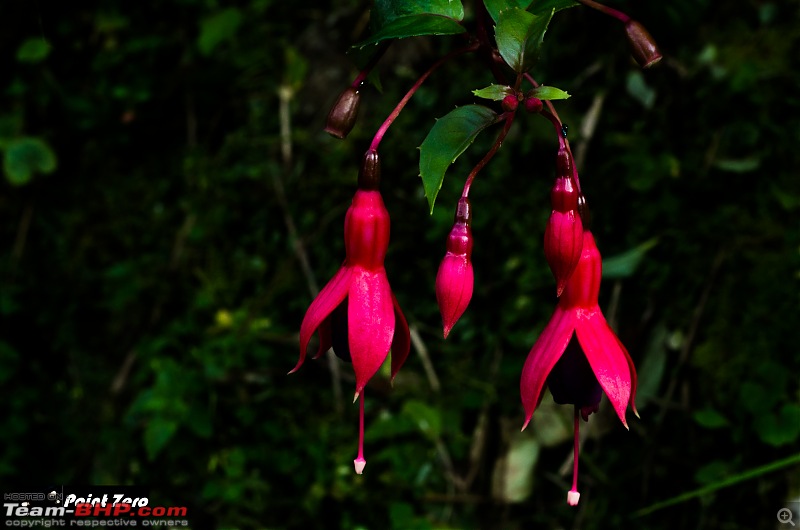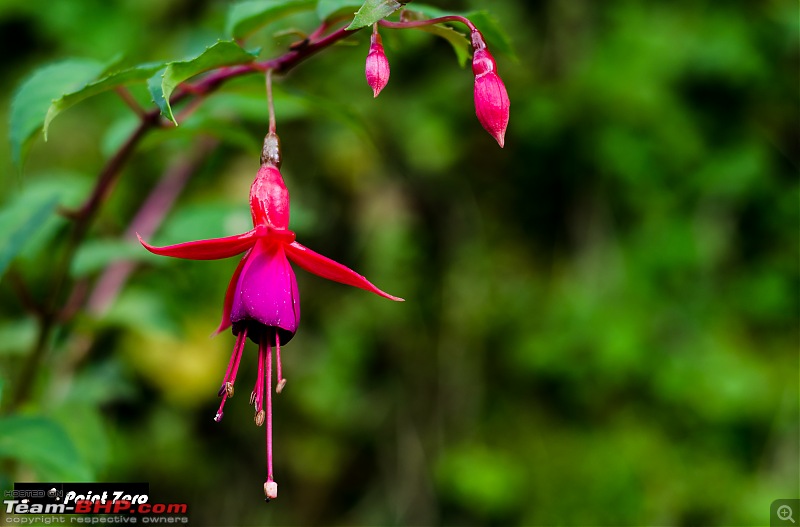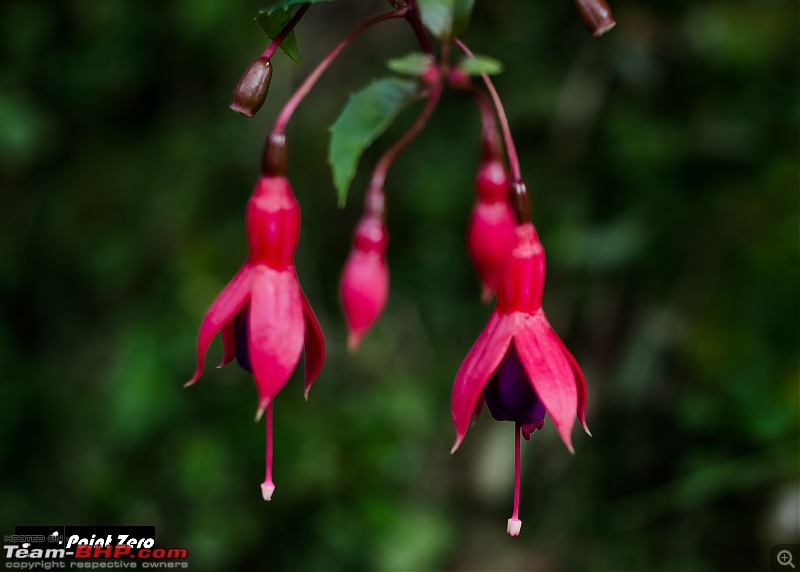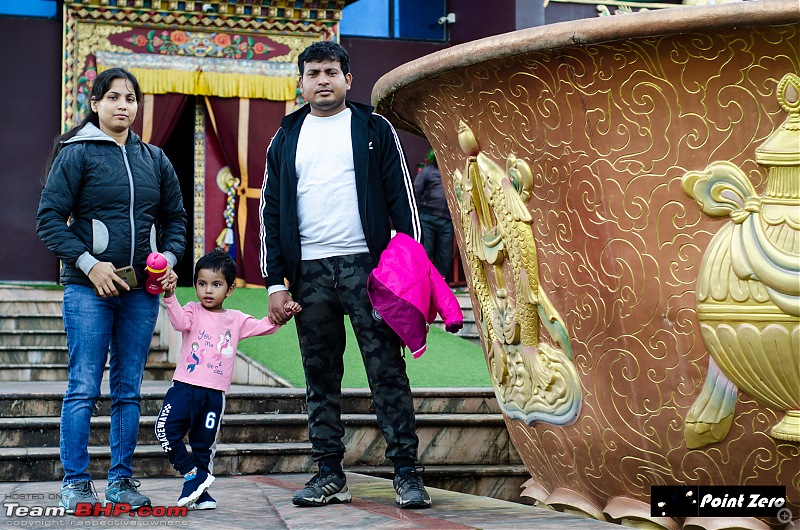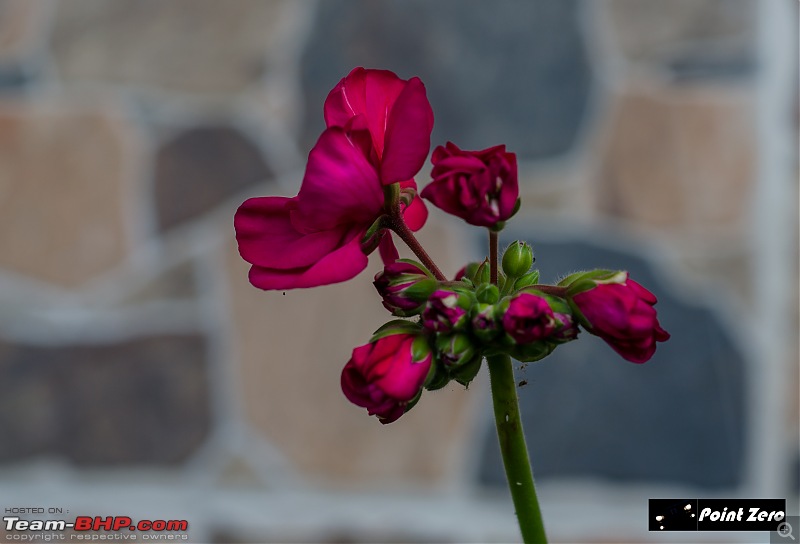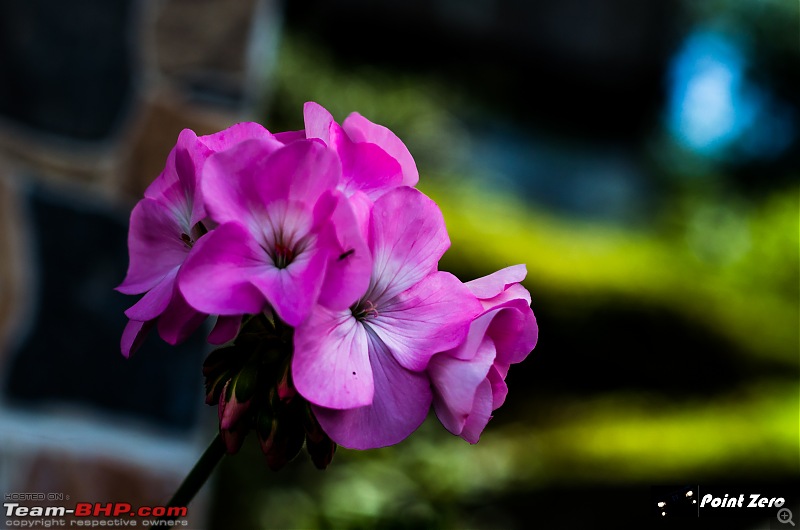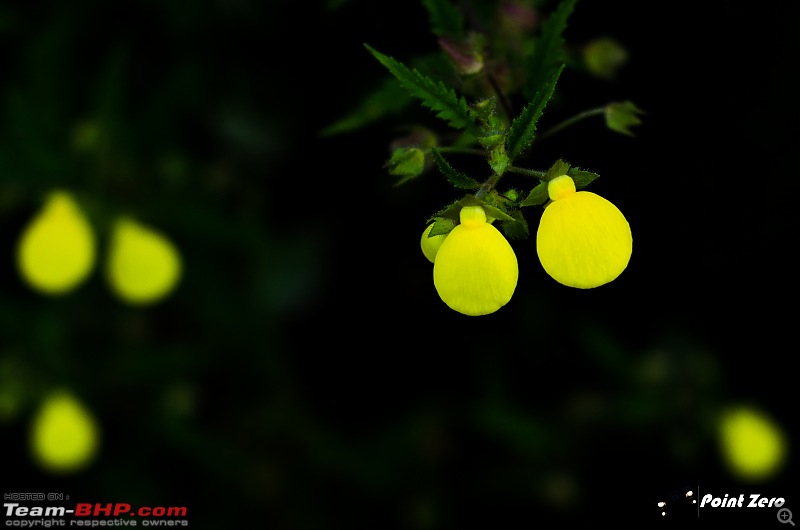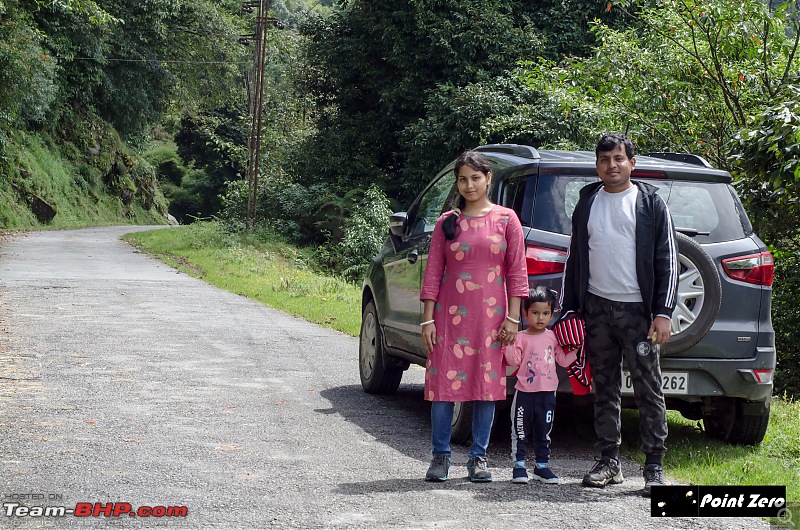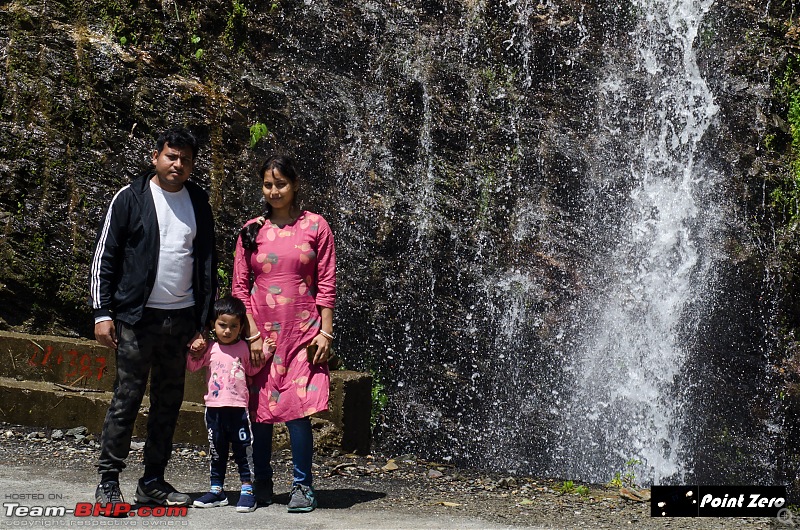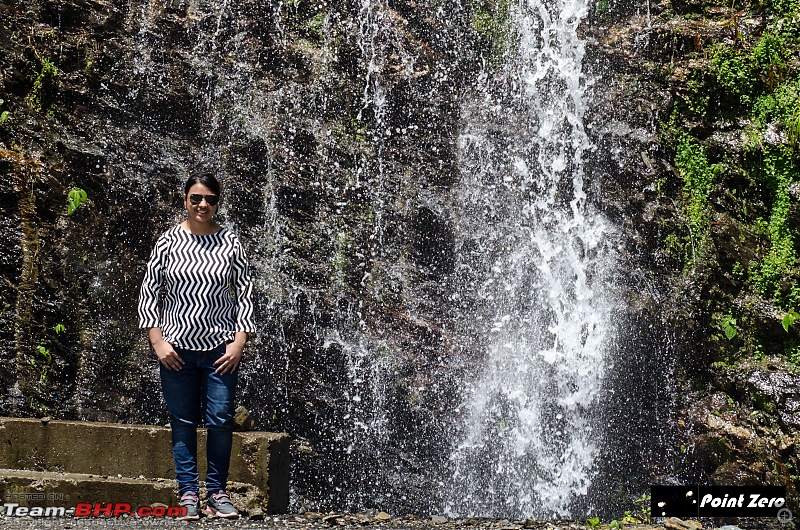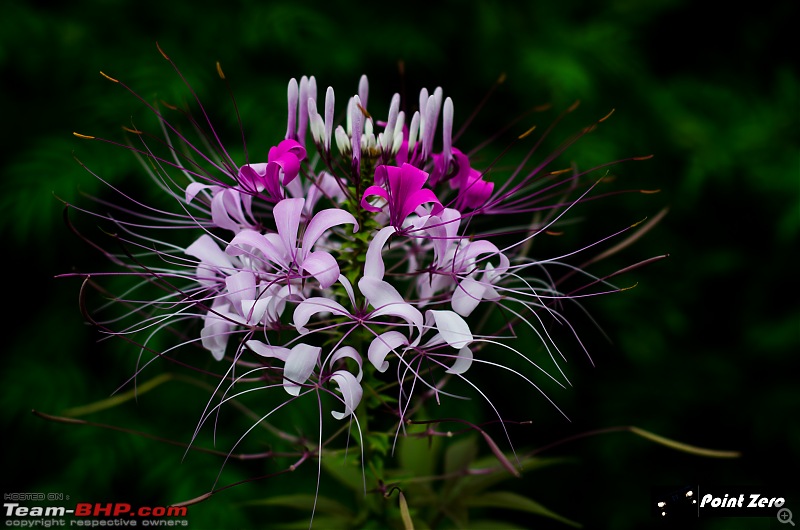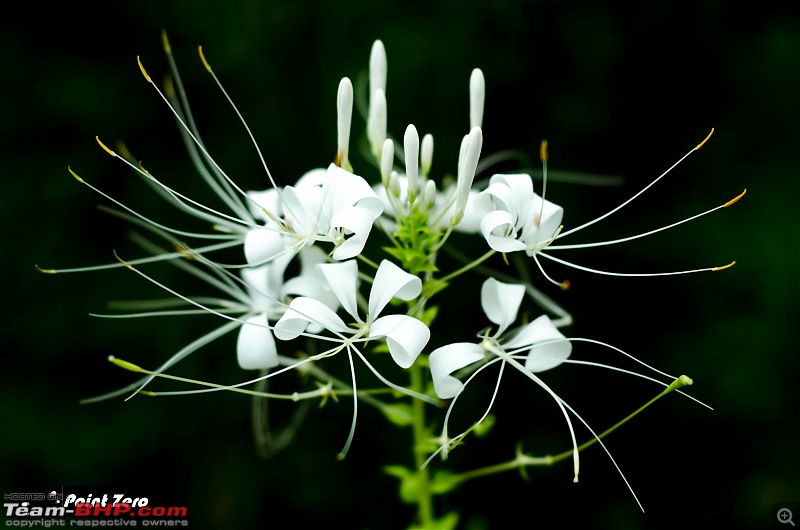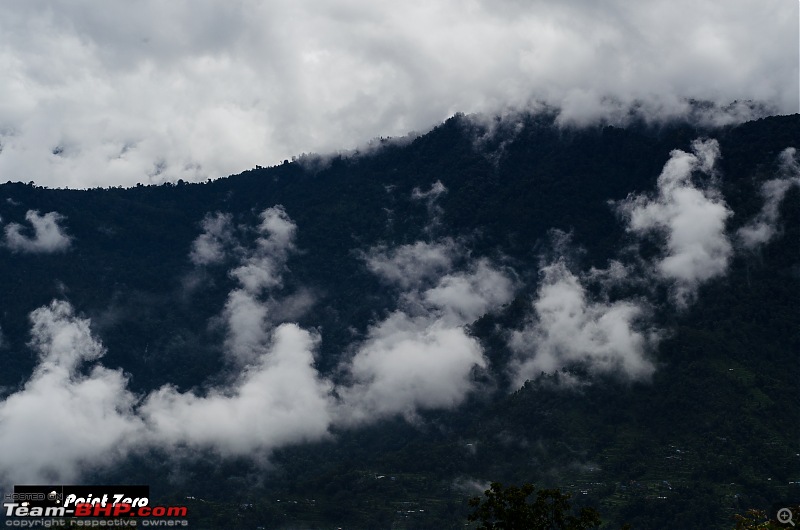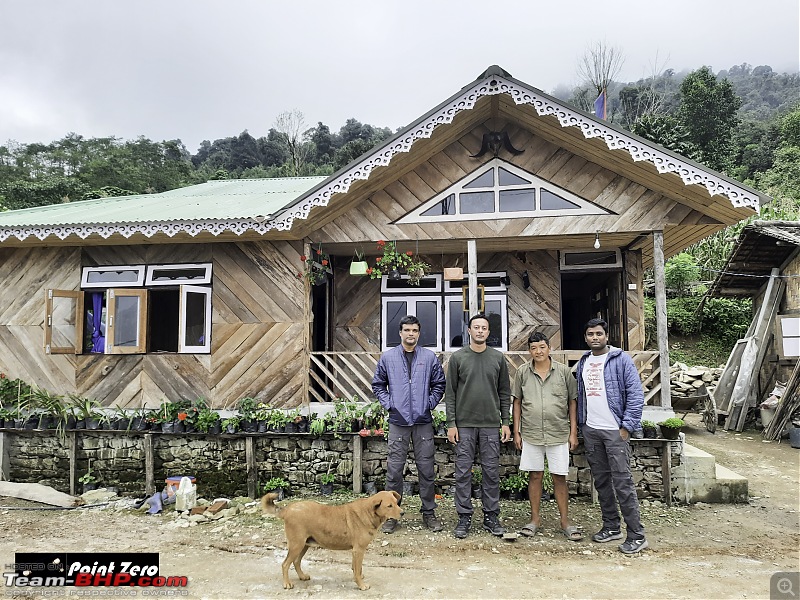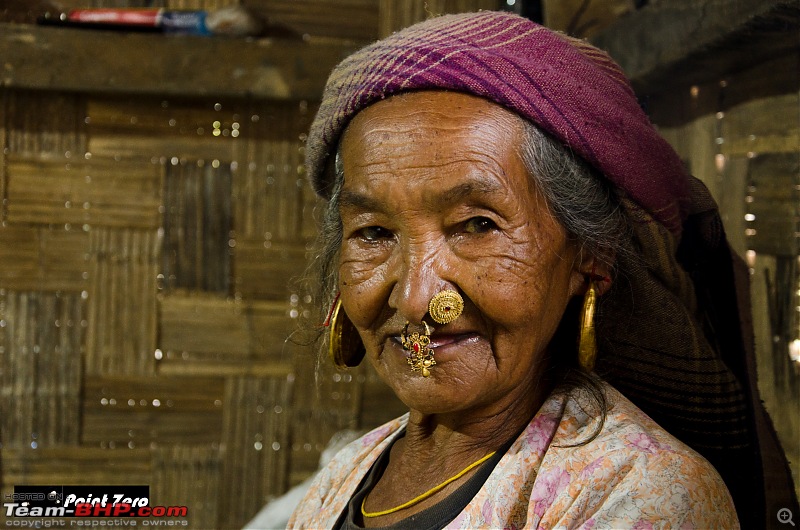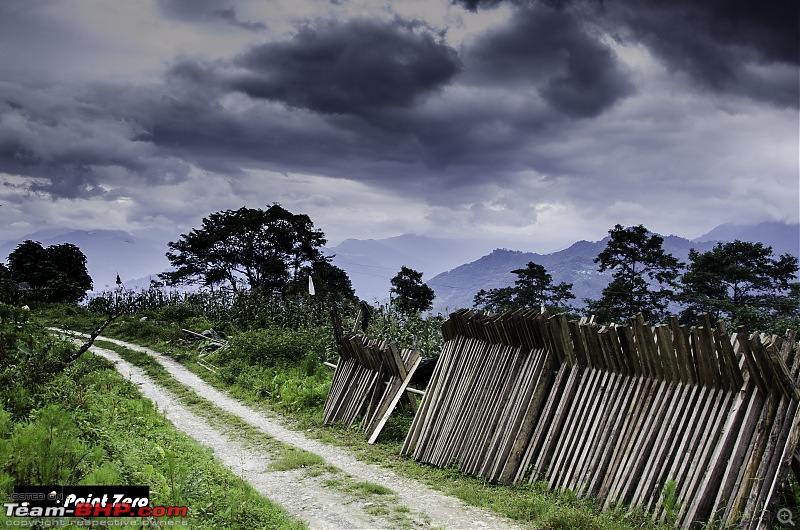| |||||||
| Search Forums |
| Advanced Search |
| Go to Page... |
 |
| Search this Thread |  8,290 views |
| | #1 |
| BHPian Join Date: Dec 2015 Location: Kolkata
Posts: 490
Thanked: 3,537 Times
| It was us against the world - Dzongu & Borong A trip done 3 years back - December - 2019 "Here the marriage does not happen between a man and a woman, rather it happens between a woman and a family” - Yes, that was the exact quote from Mr. D. Lepcha’s brother which brought our attention on the way from Mangan to Dzongu. Before going to the story, let me share a few details about Dzongu ( also known as the Land of Lepcha) and why it is different from other places in Sikkim. The Lepchas believe that if life is spent accomplishing good deeds then one will be rewarded by eternal bliss in Mayal Lang (i.e Heaven). The Lepchas also claim to be proud pure-line descendants of the original inhabitants of the Mayal Lang Country. While this may be shrouded in fantasy that the incredible heritage of this tribe is indeed a treasure. This is exactly why the Dzongu area in North Sikkim is reserved for the Lepchas ( this was formalized in the early sixties by Chogyals of Sikkim when the state was a kingdom. Some even call Dzongu “The bridge to the Mayal country”. Its beauty and sanctity have been well documented in many books including the famous Arthur Foning's book “Lepchas, my vanishing tribe” Day 1 and Day 2 ( Kolkata - Dzongu ) Like every year-end, we planned for a small 4-5 days trip along with my friend Arijit who joined me on the Spiti trip (On the road again! Spiti Valley, Himachal Pradesh) with his Yamaha Fz-25. The plan was to celebrate the new year in a less-touched area of Sikkim or North Bengal. And when the plan is less than a week the only options that come to our mind are either north Bengal or Sikkim. So we started the journey to Dzongu. Borong was nowhere in the plan. Geographically they are situated opposite one another. Dzongu is in the North and Borong is in the South of Sikkim. When a motorcycle and a car travel together then they require a lot of synchronization. And personally, I don't prefer night rides by motorcycle ( though I have done many such rides before ). Arijit was ready to ride overnight, I did not agree, so we started on the 25th morning from Kolkata and reached Mangan on the next day around 11:00 AM. In between, we spent our night at Siliguri. As discussed over the phone, our host had already prepared the permit for Dzongu. As it is a restricted area it's required a permit for all people entering the territory. We submitted the paper to the check-post and then crossed the river and entered the territory of Lepcha. After a few KM drives, we were stopped by a young man and he introduced himself as the younger brother of our host. We feel comfortable when we get such people in our car who have deep knowledge about the area. We were discussing many things about the Dzongu, the people, his education, job, etc with the young man. He informed us that his elder brother has asked him to take care of us as his brother (our host) will join us in the evening after finishing some work in another house. He also informed me that his elder brother has two wives, one staying in the homestay and another staying in a different house. The young man said there is an idea of a common husband and common wife among Lepcha people living in Dzongu. This culture is very old and still, there are many people in the same village who are maintaining the culture. We were literally shocked and we had no idea whether it is legal in India or not. Then he explained the whole thing and also told us that he is just a little different from other people staying in his native place because he finished off his study in Gangtok and also started a job there. The drive between Mangan to Dzongu just ended with chatting with the young man and we discovered many things about the land and people of Dzongu. Arijit (rider friend) had no idea that we had gathered so much information about the place and we kept it stocked for the afternoon walk talk. So we completed our lunch with some dry food available to us and then started exploring the area. When we came back to the homestay another surprise was waiting for us. We did not find any members in the homestay and it was completely dark. Finally, we managed to get the electric switches and put the lights on. It was December and chilling cold outside, so we decided to stay in the homestay itself and wait for our host to come as he promised to meet us in the evening. At the bonfire, we also met another Bengali family who used to come here every year to celebrate the new year and they went for a trek for the entire day. We enjoyed the day to the fullest but at the same time, we were not very happy with the hospitality of the homestay and finally decided to leave the place and spend the remaining days in some other place. We tried other homestays nearby but unfortunately, we did not find any as stay options are very limited in Dzongu. To be continued... Last edited by PointZero : 26th November 2022 at 21:12. |
| |  (11)
Thanks (11)
Thanks
 |
| The following 11 BHPians Thank PointZero for this useful post: | digitalnirvana, Dr.AD, GTO, gunin, kiranknair, NT_GT, Samba, Samfromindia, SRISRI_90, sukhbirST, vredesbyrd |
| |
| | #2 |
| BHPian Join Date: Dec 2015 Location: Kolkata
Posts: 490
Thanked: 3,537 Times
| Re: It was us against the world - Dzongu & Borong Day 3 ( Dzongu to Borong ): We decided to leave Dzongu and reach Mangan first and choose our next destination. Arijit's motorcycle needed a replacement of the fork oil shield. Right after reaching Mangan we handed over the bike for repair and made the permit for Lachung, Lachen, and Yumthang. Only me and my cousin were willing to visit Yumthang during winter, whereas my wife, Arijit and Tamshi ( Arijit's wife) were looking for a comfortable place. As the majority wanted we finally decided to go to Borong as we have a very well-known home-stay (Tangilama Homestay) and always once a year we go there to spend time with them. As we were heading to Borong I was pretty sure that everyone would love the place and farmhouse. I informed YB sir(owner) that we will be reaching there by evening to make sure that they can arrange whatever is needed. Driving from North to South is very time consuming and we also started the journey late as the bike was getting repaired. It was already dark when we reached Dikchu and came to know that the road had been blocked due to a major landslide. It was heartbreaking for us. Eventually we came to know from the local people that there is an alternative route but it goes through a forest and also it will take 1.5 hours extra to reach Borong. With no choices left, we decided to drive on that road knowing it would be very risky for a night drive. I was waiting for the local people to come with us to the other side of the landslide, as it would be a great help for us. After some time we met an aged man who wanted to go with us. The road we traveled on that day I requested Arijit to follow my car and after a turn, I just lost his headlight from my RVM. Without a 2nd thought, I stopped there and tried to connect with him on a walky-talky. We were able to reach him after a couple of mins and he informed us that he took a wrong turn and entered the deep forest. I instructed him to reach the point where we were waiting for him. After he came I suggested the bike go first and keep a minimum distance as the old gentleman was in our car and was instructing us on the route. We dropped him near his house at the hilltop and from there the way to reach the main road was only a single road and we could see the lights of the road from a distance. It was really great assistance from the old gentleman which gave us so much confidence. Once we reached Ravangla, Arijit had no energy left with him. It's not just because of the ride of the day but also bike repair and less food. The route to Borong he took was long enough to drain his energy. While we were having tea to gain the lost energy at Ravangla, Arijit was saying that he found multiple warning boards of wild animals on the way back from the wrong route. I made a joke of it and told him that he could put his helmet on the animal's head if it appeared in his way. To date whenever we meet we laugh at the helmet story. I requested Arijit to stretch a little till Borong and promised him barbeque chicken, rhododendron wine, and the obvious bonfire there. My cousin's brother requested Arijit to take a nap in the car so he could ride the bike till Borong, but Arijit took him as a pillion and decided to ride for another 20-30 minutes. Finally, we reached Borong at 9:00 pm. And before entering the farm homestay, we met our old friend Sachita and she almost forced us to have some tea with her and started chatting with us. Sachita informed Mr. Y. B. Gurung to prepare the bonfire as it's just 10 min walking distance from Sachita's house and 3 min drive. After meeting Sachita in Borong, somehow Arijit believed that whatever I promised to him was going to happen soon and it was not a false promise. He also found that the people here are very much connected with me and my wife because of regular visits to the same place repeatedly. Mr. Y. B. Gurung greeted us with a happy smiling face like any other time and everything was ready for us. Without wasting much time we started enjoying the bonfire with some tasty food and drinks followed by a very yummy dinner at midnight. Just to inform you, rural Sikkim sleeps from 7:30-8:00 PM, and after 10 you will feel like you are living in a different world. Day 4 & 5 ( Borong to Darjeeling ): The morning was very lazy, we woke up early but there was no travel plan. It was not new for me and my wife. While everyone else was exploring the forest and the organic farms by walking, Mr. Gurung explained to me his plan for a proper homestay to accommodate more people with all facilities. He also explained about the area where he wanted to build a decent homestay. I suggested to him some other place so that the Mount Nursing view would not get blocked for those people who want to enjoy the mountain, sit on the grass, or walk around. We met him exactly one year later and felt good that he changed his plan and made the homestay in a place where the mountain range view would not be obstructed. To be continued ... |
| |  (9)
Thanks (9)
Thanks
 |
| The following 9 BHPians Thank PointZero for this useful post: | digitalnirvana, Dr.AD, GTO, gunin, NT_GT, pun337, Samba, Samfromindia, vredesbyrd |
| | #3 |
| BHPian Join Date: Dec 2015 Location: Kolkata
Posts: 490
Thanked: 3,537 Times
| Re: It was us against the world - Dzongu & Borong Few More Pics from 2020 & 2021 & 2022 Ravangla & Borong When 2020 we visited Borong I came to know that I am the first guest of the year. Due to COVID, there was not a single guest for the entire year 2020 and the reason, the new place where they were building a complete homestay is still incomplete due to the crisis of money. Yes, life is not easy in mountains. |
| |  (6)
Thanks (6)
Thanks
 |
| The following 6 BHPians Thank PointZero for this useful post: | digitalnirvana, Dr.AD, GTO, kiranknair, Samba, Samfromindia |
| | #4 |
| BHPian Join Date: Dec 2015 Location: Kolkata
Posts: 490
Thanked: 3,537 Times
| Re: It was us against the world - Dzongu & Borong Aug - 2022, We brothers...The homestay is still under construction ... We spend a couple of hours with the family during our Pamthang Trip ( Upcoming ). Thank You Point Zero |
| |  (10)
Thanks (10)
Thanks
 |
| The following 10 BHPians Thank PointZero for this useful post: | catchjyoti, digitalnirvana, Dr.AD, GTO, gunin, kannan666, Mile_Breaker, Samba, Samfromindia, thirugata |
| | #5 |
| Distinguished - BHPian  | Re: It was us against the world - Dzongu & Borong Loved it! Himalaya always makes me happy. Reading this travelogue was a treat for my eyes. Rated 5*. Dzongu is among one my favorites. I have been there twice, once in 2014 and again in 2021. Will definitely visit Dzongu again. Next time when you visit Dzong, do stay at the Munlom resort. I bet a nature lover like you will just love it. Sharing few pics from Dzongu!  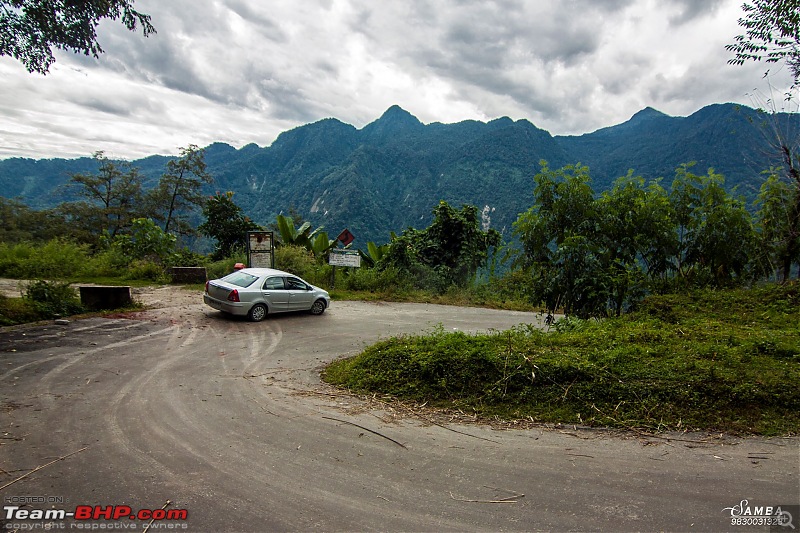  In 2014 when the roads were like hell, I drove the Etios & in 2021 when the roads were good, I drove the Duster AWD.  But the final stretch to the Munlom resort made a good use of my Duster AWD! 2014 2021 The last part to Munlom resort- Off topic - My 2000th post in Team-Bhp.  Last edited by Samba : 26th November 2022 at 22:27. |
| |  (15)
Thanks (15)
Thanks
 |
| The following 15 BHPians Thank Samba for this useful post: | amit_purohit20, catchjyoti, dicor, digitalnirvana, Dr.AD, GTO, kannan666, kiranknair, Mile_Breaker, Philomath55, PointZero, Samfromindia, SRISRI_90, sukhbirST, VinsWagen |
| | #6 |
| BHPian Join Date: Jan 2020 Location: Dushanbe
Posts: 53
Thanked: 142 Times
| Re: It was us against the world - Dzongu & Borong Never heard of these places before. Just googled the locations. What were the minimum temperatures at this time of the year? |
| |  (1)
Thanks (1)
Thanks
 |
| The following BHPian Thanks RahuKetu for this useful post: | PointZero |
| | #7 | |
| BHPian Join Date: Dec 2015 Location: Kolkata
Posts: 490
Thanked: 3,537 Times
| Re: It was us against the world - Dzongu & Borong Quote:
 . . In lower Dzongu the temperature will be around 0-5 degree C in winter and in upper Dzongu (Trekking route ) it can be -10/-15 degree C. However, I will suggest you to check live temperature while planning cause the weather is changed a lot in last 5-6 years. | |
| |  (2)
Thanks (2)
Thanks
 |
| The following 2 BHPians Thank PointZero for this useful post: | RahuKetu, Samba |
 |


